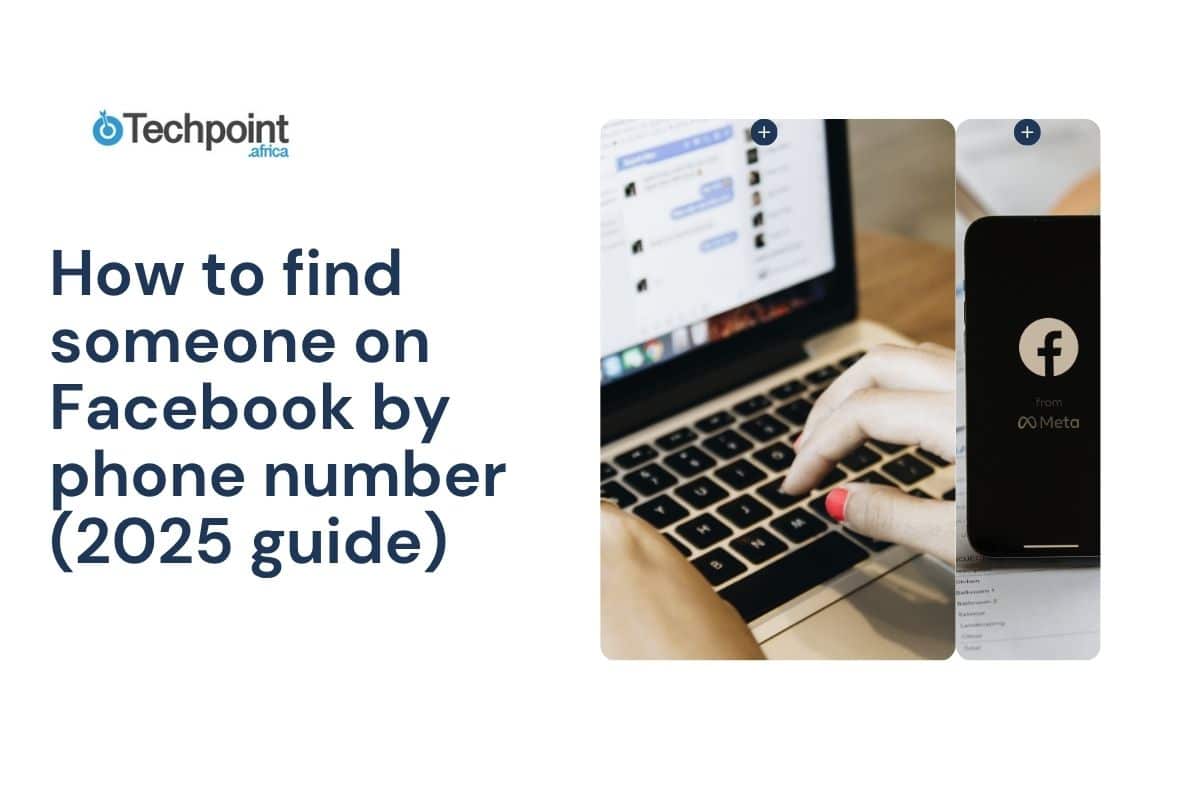Facebook wants to help prevent people from sharing intimate pictures of you without your permission. Antigone Davis, Facebook’s Global Head of Safety made this known in a Facebook post two days ago.
“It’s demeaning and devastating when someone’s intimate images are shared without their permission, and we want to do everything we can to help victims of this abuse” the post reads.
To achieve this, Facebook is partnering with safety organisations to help prevent photos of this nature from being uploaded to Facebook, Instagram and Messenger.
As a result of this safety measure, victims of blackmail for example — or anyone who fears that their intimate photos can be publicly posted on Facebook and its subsidiaries — can reach out to one of the company’s safety partners to upload the intimate images.
Once they do that, a unique fingerprint or hash will be created to identify future uploads of the images (copies of the images will not be kept by Facebook). Any attempt to upload such images on Facebook, Instagram and Messenger will be prevented once hashes have been created.
Antigone Davis is confident that this measure would protect victims (women especially) of this devastating privacy violation. However, many people do not share his enthusiasm, as seen in the post’s comments section;
“Wait, people will submit their intimate photos to FB so that you can ensure they won’t be uploaded by anyone else? Did I read that right? If so why would I allow FB to have sensative pics in the first place? I don’t trust my own mother with those things sorry” — Chris Rigby
“How about you instead create an app that will create the hash locally so the pictures never have to leave the users’ device?” — Scott Blake
“They should think about another process, one not limited to intimate photos and one that doesn’t require sharing with Facebook. This process seems weird and seriously clumsy”– Gautier Andreotti
The stated aim could have been met more securely by making a hashing tool available for people to download and run locally!” –John Sturdy
Perhaps recognising the loopholes in the model, Facebook plans to keep improving the tools as they learn from the pilot program starting in Australia, Canada, the United Kingdom and America.
Featured image source: Christoph Scholz Flickr via Compfight cc











